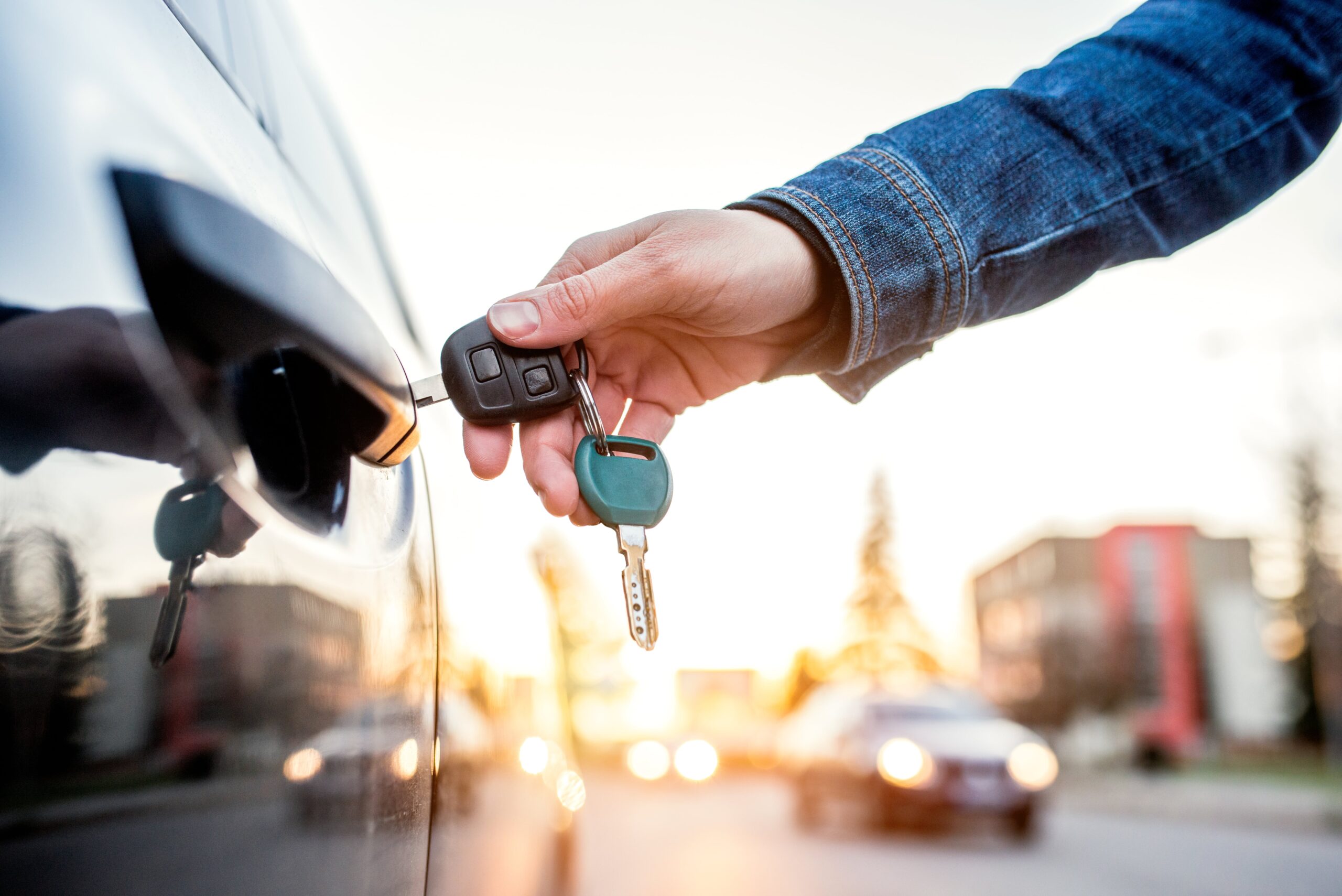Getting a Replacement Key for Your Car: A Comprehensive Guide
Losing or harming a car key can be a frustrating experience, but fortunately, obtaining a replacement key does not need to be overwhelmingly made complex. In this informative guide, we will detail the different steps, options, and factors to consider included in getting a replacement key for your car.
Comprehending Car Keys
Before diving into the replacement process, it is vital to comprehend the different types of car keys offered. Here's a short introduction:
| Type of Car Key | Description |
|---|---|
| Standard Key | A standard metal key that mechanically opens and starts the vehicle. |
| Transponder Key | A key with a chip that interacts with the car's ignition system for included security. |
| Key Fob | A remote gadget that allows keyless entry and may include functions to begin the vehicle from a distance. |
| Smart Key | A distance key that enables the driver to unlock and start the car without physically utilizing the key. |
| Valet Key | A limited key that allows limited access to the vehicle, mainly for valet services. |
Understanding the type of key you have is important in determining the process of obtaining a replacement.
Steps to Get a Replacement Car Key
If you discover yourself in requirement of a replacement car key, follow these steps to browse the process efficiently:
1. Recognize the Type of Key
- Determine whether you have a conventional key, transponder key, key fob, or wise key. This information will influence the replacement treatment.
2. Check Your Insurance Policy
- Evaluation your auto insurance coverage to see if it covers key replacement. Some policies offer this benefit, which might save you money and time.
3. Contact Your Car Dealership
- Reach out to your car's car dealership, particularly for more recent vehicles that use sophisticated key technology.
- Be prepared to offer your vehicle identification number (VIN), proof of ownership, and perhaps your vehicle registration.
4. Visit a Locksmith
- Think about visiting a professional locksmith professional who has experience with automotive keys.
- Numerous locksmiths can create and configure transponder keys and key fobs at a lower expense than car dealerships.
5. Make Use Of Online Services
- Some services focus on automotive key replacement and may provide online assistance.
- Beware and guarantee that you choose a reliable provider.
6. Cost Considerations
- Understand the possible expenses associated with getting a replacement key. Below is a general expense price quote based upon key type:
| Key Type | Estimated Cost Range |
|---|---|
| Traditional Key | ₤ 2 - ₤ 5 |
| Transponder Key | ₤ 50 - ₤ 200 |
| Key Fob | ₤ 100 - ₤ 600 |
| Smart Key | ₤ 200 - ₤ 500 |
Regularly Asked Questions (FAQs)
1. For how long does it take to get a replacement key?
- The time to obtain a replacement key varies depending upon the company. Dealers might take a few days, while locksmith professionals can frequently offer a key the very same day.
2. Can I replace a key myself?
- While it is possible to order a blank key online and suffice yourself, programming electronic keys usually requires specific devices.
3. What should I do if my key is lost or stolen?
- If your key is lost or taken, it is wise to reprogram your locks to avoid unapproved access to your vehicle.
4. Are all car keys programmable?
- Not all car keys can be programmed. car key fob replacement near me are cut but do not need shows, while transponder keys and smart keys do.
5. How can I prevent losing my car type in the future?
- Consider purchasing a key tracker, designating a specific area for your keys, or using a keychain that makes your keys more visible.
Last Thoughts
When faced with the difficult task of changing a car key, it is essential to understand your alternatives and select the most efficient route tailored to your needs. Whether you opt for a car dealership, a locksmith professional, or an online service, being knowledgeable will enhance the procedure and help ease a few of the tension related to lost or harmed keys. Keep in mind to keep any brand-new type in a safe designated area to prevent similar concerns in the future.

